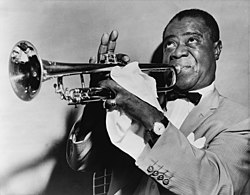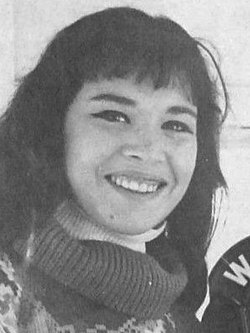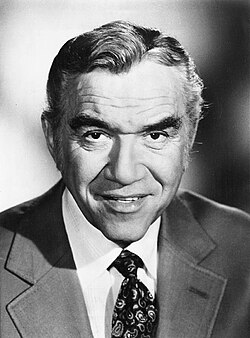
In 1964, Billboard magazine published a chart ranking the top-performing songs in the United States which were considered to be "middle of the road". The chart has undergone various name changes and since 1996 has been published under the title Adult Contemporary. [1] Until 1965, the listing was compiled simply by extracting from Billboard's pop music chart, the Hot 100, those songs which were deemed by the magazine's staff to be of an appropriate style and ranking them according to their positions on the Hot 100. [1] In 1964, the chart was published under the title Middle-Road Singles through the issue of Billboard dated April 25, Pop-Standard Singles through the issue dated October 17, and Middle-Road Singles again for the remainder of the year. In 52 issues of the magazine, 12 different songs topped the listing. [1]
Contents
The only artist to achieve more than one number one in 1964 was Dean Martin, who spent eight weeks in the top spot with "Everybody Loves Somebody" and one with "The Door Is Still Open to My Heart". Martin tied for the highest total number of weeks spent at number one with Louis Armstrong, who had an unbroken run of nine weeks at number one with "Hello, Dolly!", the longest uninterrupted run in the top spot during the year. Armstrong's song was the title song of the stage musical of the same name, which had opened on Broadway earlier in the year. [2] A second song from a newly opened musical to top the chart was "People" from Funny Girl , [3] [4] which gave Barbra Streisand her first Billboard chart-topper; she would go on to have one of the most successful careers in popular music history. [5] [6]
Four of the year's Middle-Road/Pop-Standard chart-toppers also reached number one on the magazine's pop music chart, the Hot 100, including both the first and last number ones of the year, "There! I've Said It Again" by Bobby Vinton and "Ringo" by actor-singer Lorne Greene. [7] Armstrong's "Hello, Dolly!" and Martin's "Everybody Loves Somebody" also topped both charts. [7] Three of the year's number ones were Grammy Award winners. Al Hirt's "Java" won the award for Best Performance by an Orchestra or Instrumentalist with Orchestra at the 1964 ceremony, [8] and the following year "Hello, Dolly!" won the award for Song of the Year and "The Girl from Ipanema" by Stan Getz and Astrud Gilberto was named Record of the Year. [9]



